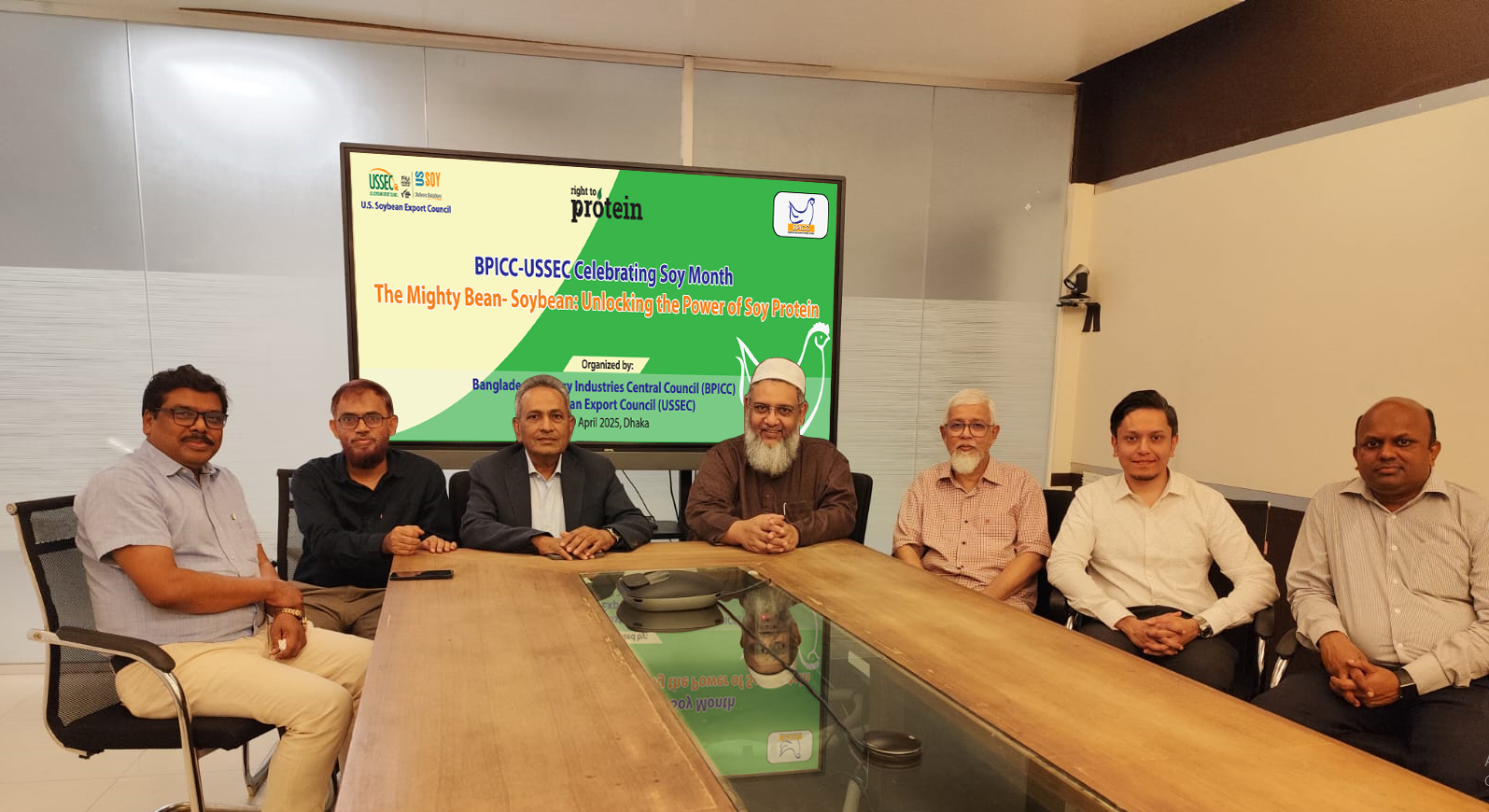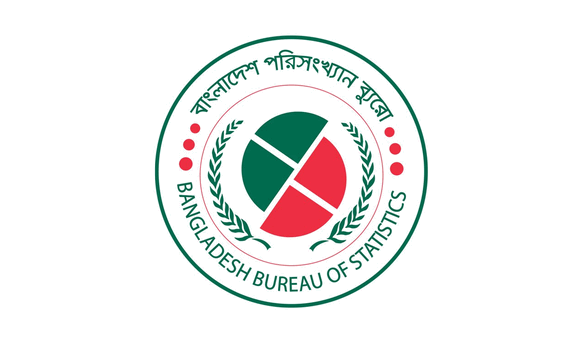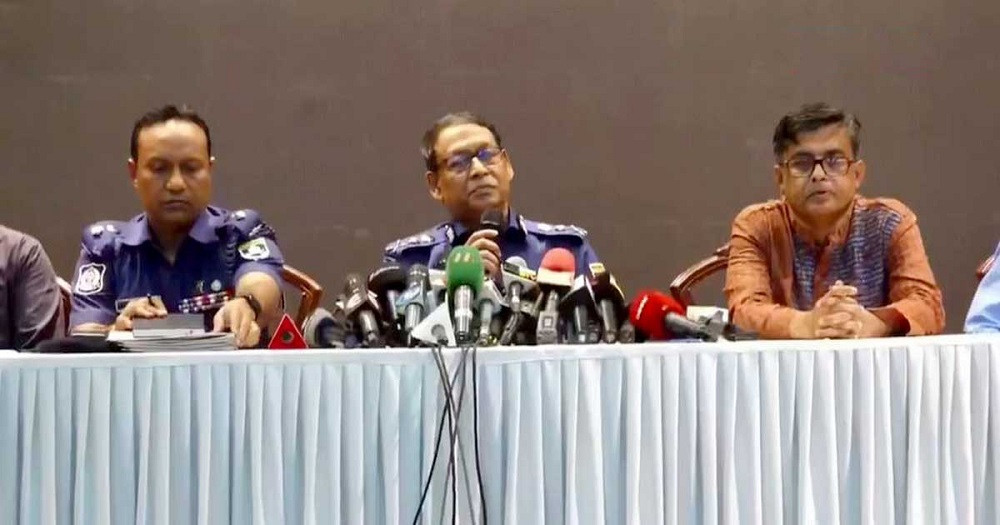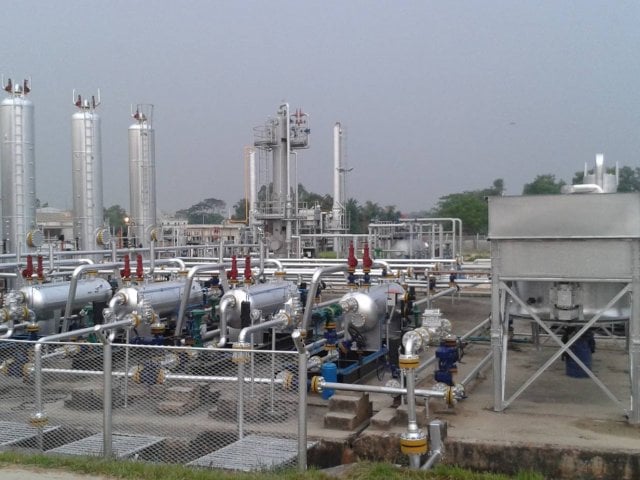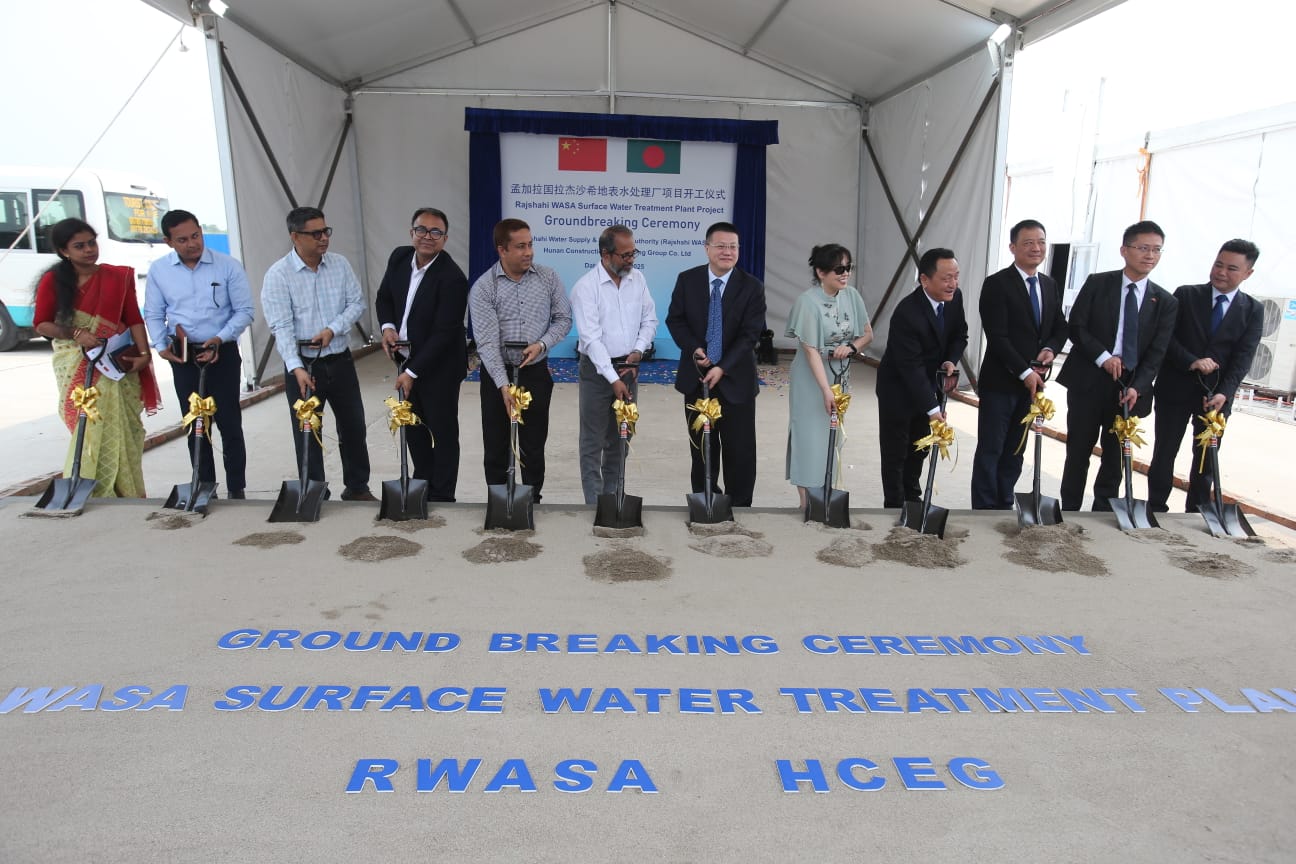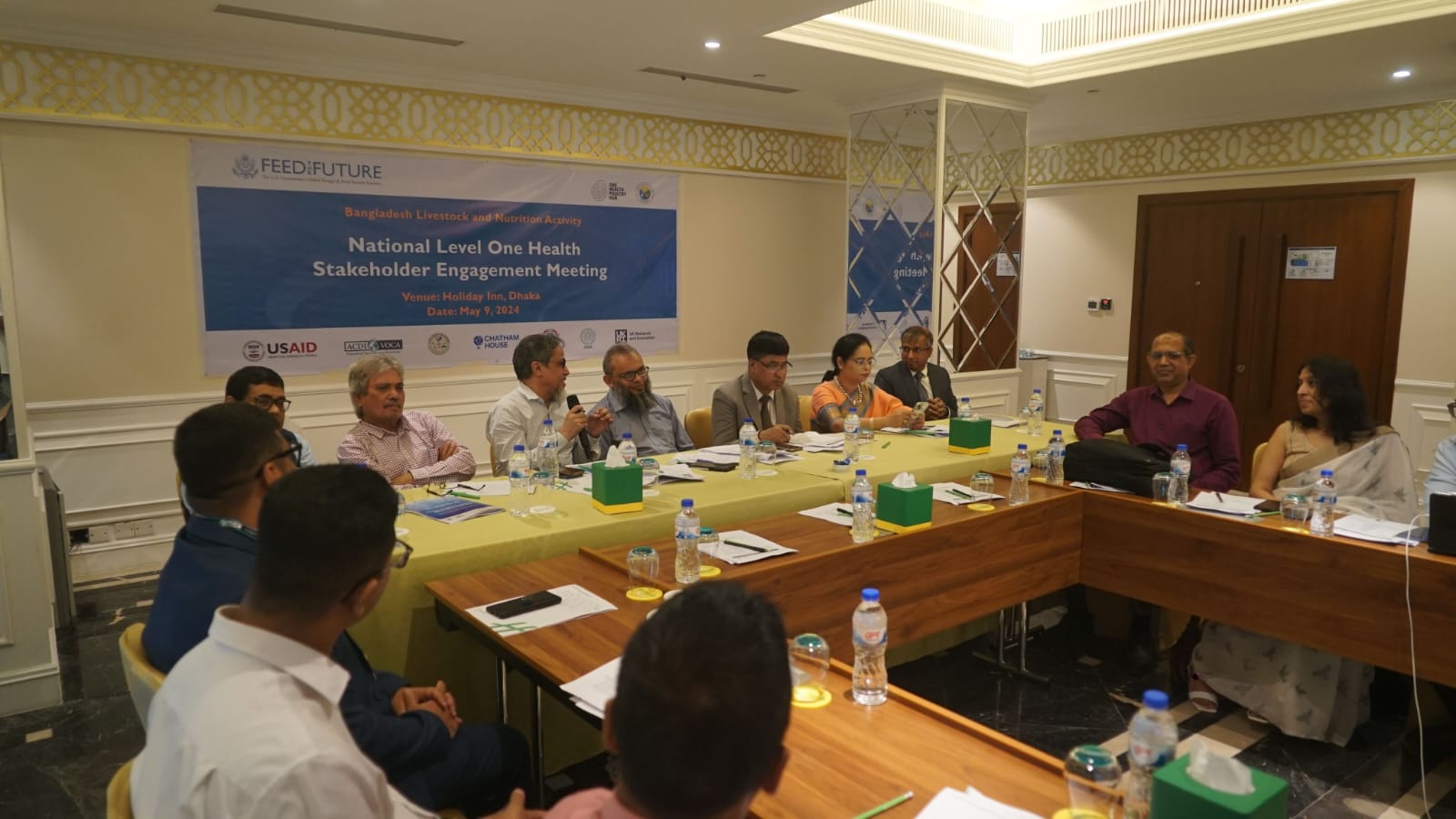
Experts emphasized the critical importance of adopting a One Health approach in Bangladesh, highlighting its recognition of the interconnectedness of human, animal, and environmental health.
They emphasized that this approach is essential for promoting public health, safeguarding livelihoods, and preserving the country’s natural resources.
These remarks were made during a program titled “Stakeholder Engagement Meeting-04: One Health Community Engagement at Chakaria, Cox’s Bazar,” held at a city hotel on Thursday.
The USAID-funded Livestock and Nutrition Activity, in collaboration with the One Health Poultry Hub Bangladesh and the One Health Institute under Chattogram Veterinary Animal Science University, jointly convened a national One Health stakeholder meeting in Dhaka on Thursday. The meeting aimed to recap the key findings of the One Health pilot program implemented in Chakaria upazila, Cox’s Bazar, Chittagong.
Prof Nitish Chandra Debnath, National Coordinator of One Health Bangladesh, emphasized that One Health is a crucial approach that addresses the interconnectedness of human, animal, and environmental health. He stressed the need for a holistic perspective to effectively address health challenges and promote sustainable practices.
Dr Rashed Mahmud, National Research Manager in Bangladesh of One Health Poultry Hub, highlighted the importance of research and community engagement in preventing diseases transmitted from animals to humans. He outlined efforts to train farmers and engage stakeholders at the local level to promote One Health principles.
The participatory strategy of the One Health approach engages governmental and non-governmental organizations, as well as community-level healthcare and disaster management agents, operating at the grassroots level.
Key participants of the meeting included the One Health Secretariat, Department of Livestock Services, Department of Public Health, and Department of Environment and Disaster Management. Discussions focused on developing local leadership, coordinating animal vaccination and awareness programs, and expanding One Health Community Engagement Project activities to other districts of Bangladesh.
Jobaida Khanum from the One Health Secretariat emphasized the importance of reaching government ministries and making an impact at the field level.





